If you cannot see what the fuck is happening ...then you fat head is up your stinky ass.........pure and simple .......they are making it harder and harder ....but how are they .......well who cares because they masses will lay down and take it in the ass .......for sure ......just like the politics and voting ........they go like sheep ........and think like sheep and the govt knows the masses are easy .....simple simple dolly dimple........
10 Foods You May Not Be Able To Buy In The Grocery Store In 2023—Stock Up Before They’re Gone
This article has been updated since its initial publish date.
When heading into the second month of 2023, it’s best to be aware of certain food shortages. We rounded up 10 common grocery store items that might be more difficult to find in your local supermarket than others this year, so that you can stock up on them now.
READ MORE: These Items Might Be Hard To Find In Grocery Stores This Season— Customers, Take Note
Here’s what we know about potential future shortages:
1. Bread
As reported by Mashed, with the continuation of Russia’s war in Ukraine (GOBankingRates notes that these countries account for nearly 20% of global cereal grain production), “many bakeries and factories may struggle to obtain the necessary ingredients to make bread, leading to a potential shortage in 2023.”
An August 2022 McKinsey report also indicated that 2023 might be worse, as it estimated that crop production in Ukraine will decline by “35% to 45%” in the next harvesting season, which began in July.
2. Sunflower & Palm Oil
According to the Brookings Institution, in 2020, 52% of globally traded sunflower seed and oil came from Ukraine. “Currently, edible-oil supply chains are disrupted and edible-oil prices increased even higher than cereals prices,” the research group added.
Making this issue even more complicated, Mashed also reported that there is a simultaneous palm oil shortage in Indonesia. “Since Indonesia is the world’s leading producer of palm oil, any ongoing supply issues only compound the potential problem of vegetable oil availability in 2023,” the outlet wrote.
3. Champagne
As Mashed also recently pointed out, climate change greatly impacted the production of champagne, meaning it might not be as easily accessible in the next year.
The publication wrote that "a rash of extreme weather that year [2021] resulted in a devastating number of crops growing fungus, leading to a smaller than average crop yield."
4. Beers, Canned Food & Pet Food
A notable aluminum shortage— which began in 2020 and affects beers, canned food and also pet food— is still happening, as reported by ClickOrlando. The television station also recently indicated that "labor shortages, the pandemic, the ongoing supply chain crisis and increased demand" are all to blame.
"As far as the aluminum shortage ending, experts are hesitant with predictions," company Vincent Metals suggested. "However, most agree the earliest expected end would be sometime in 2023. As the nation moves back towards normalcy, aluminum purchasing could subside and have uncertain impacts on the supply chain. In the meantime, additional production plants are being constructed to keep up with the high demand and current shortage."
5. Lettuce
In November of 2022, as reported by the Consumer Price Index, the price of lettuce went up nearly 20% compared to 2021. Many customers' current difficulty finding lettuce in grocery stores, Eat This, Not That reports, has been "sparked by an unforgiving disease called impatiens necrotic spot virus (INSV), which is carried by insects and often results in the death of the affected plant."
The disease, the outlet added, spread "quickly across California's Salinas Valley—a major producer with nearly 50% of the country's lettuce production—and destroyed over 80% of the area's crops for 2022."
6. Corn
Another produce item that you might see less of this year is corn, as Eat This, Not That reports that "midwestern corn crops endured a brutal 2022 season full of sweltering temperatures, intense storms, and harmful pests." Around August, the publication notes, experts found "many crops to be either destroyed or unable to be harvested within the region."
States such as Illinois, Indiana, Ohio, Nebraska, and South Dakota were "showing dismal yields which trailed numbers from the year prior." While the United States is the world's largest producer of corn, "limited exports from other countries such as Brazil and Ukraine during this growing season," the site adds, haven't helped this.
7. Oranges/ Orange Juice
Thanks to Hurricane Ian's major devastating blows in Florida back in September 2022, many orange trees were ruined from the storm. Because of this, the state's orange production is "expected to drop 51% in the 2022-2023 growing season down to just 20 million boxes of oranges," according to the U.S. Department of Agriculture, as Eat This, Not That reports. This would be the Sunshine State's lowest output since the 1936-1937 season.
A disease called "citrus greening," the publication notes, has also "run rampant through Florida's crops over the last several years." Judy Ganes, an expert in the citrus industry and President of J Ganes Consulting LLC, also said to Bloomberg, "The loss from hurricanes is mostly recoverable, but the greater issue is disease."
8. Beef
In 2022, many American ranchers and farmers faced "all kinds difficulties due to record-breaking weather events," Eat This, Not That reports. Texas (which is the nation's largest beef producer) experienced an extreme drought for much of the summer season. "Many ranchers were forced to sell off a sizable amount of their cattle earlier than expected, which caused slaughter levels to escalate in the second half of year," the outlet notes, adding that "as those supplies are depleted, a time of higher prices and dwindling beef availability is likely to ensue before ranchers can repopulate their herds and correct the damage that was done."
9. Olive Oil
As reported by The Daily Meal, it became evident as "early as the summer of 2022" that an olive oil shortage was "in the cards for 2023." According to Atlas Obscura, the issue was "foreshadowed in 2010," when a tree-blighting bacteria of Latin American origin called Xylella fastidiosa "surfaced and made its way to the Puglia region of Italy, where 12% of the world's olive oil supply is produced." By 2021, Xylella had "infected a solid third of the area's 60 million olive trees," making the fruit unusable before "completely killing the tree itself." The bacteria caused a 50-70% olive oil production reduction since it took hold, and "it's a problem that in all likelihood will last beyond 2023" (per Olive Oil Times). This year, according to Bloomberg, "worldwide olive oil production will drop by 11%," on account of the Puglia crisis and a "plant-hampering 2022 heat wave in Spain, another olive oil hotbed."
10. Infant Formula
In February of last year, Abbott, the U.S.'s largest infant formula manufacturer (The Daily Meal notes that they make Similac, Alimentum, and Elecare), temporarily stopped production and issued a massive recall when they discovered bacteria at a facility, CNBC reports. By May of 2022, a full-on shortage was happening, with "more than 40% of the usual stock unavailable," as The Daily Meal writes. "Big retailers like CVS and Target issued purchase limits, and the White House intervened with Operation Fly Formula, obtaining and quickly distributing reserves of the vital food constituting more than 13 million servings," the outlet notes.
The shortage (while thankfully not in such a critical state as it was earlier) continued through 2022, according to Reuters. "It will likely remain in effect into the middle of 2023," The Daily Meal adds, also pointing out that Reckitt Benckiser, manufacturer of formula market leader Enfamil, announced that "while many companies had increased production, it still wouldn't be enough to stabilize the market,or get stock to 2021 levels."
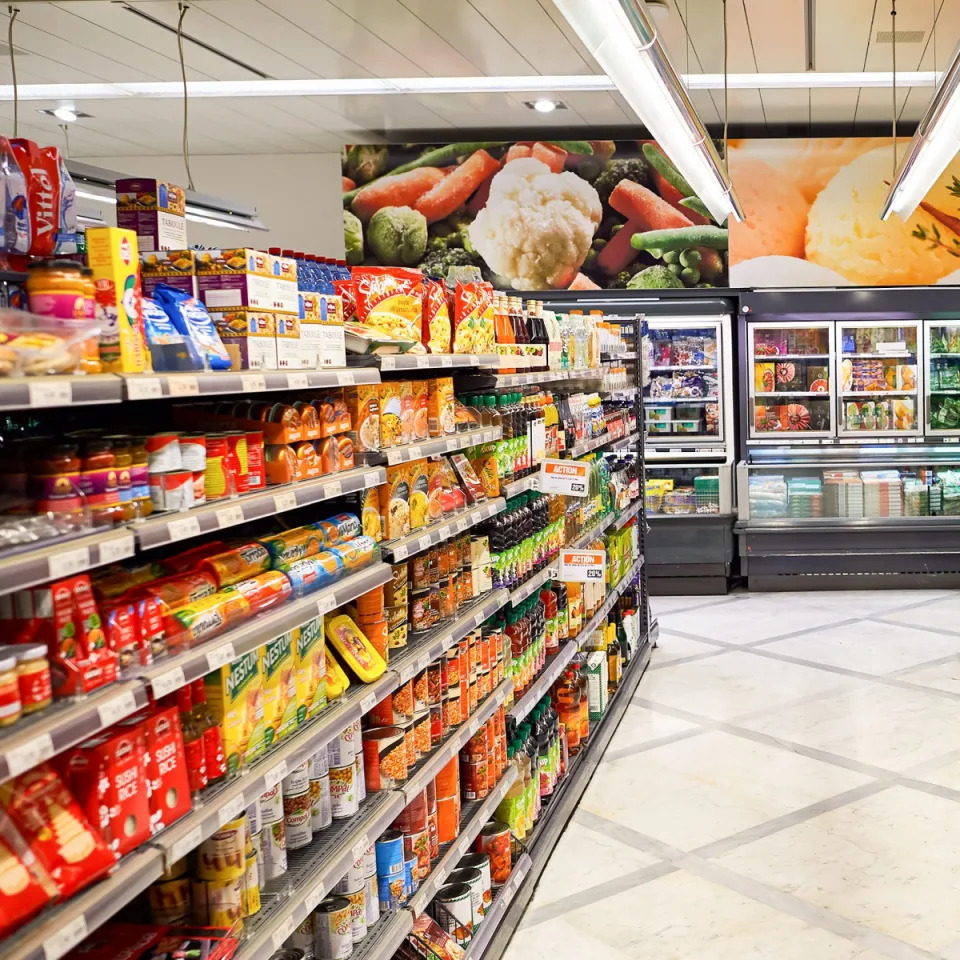
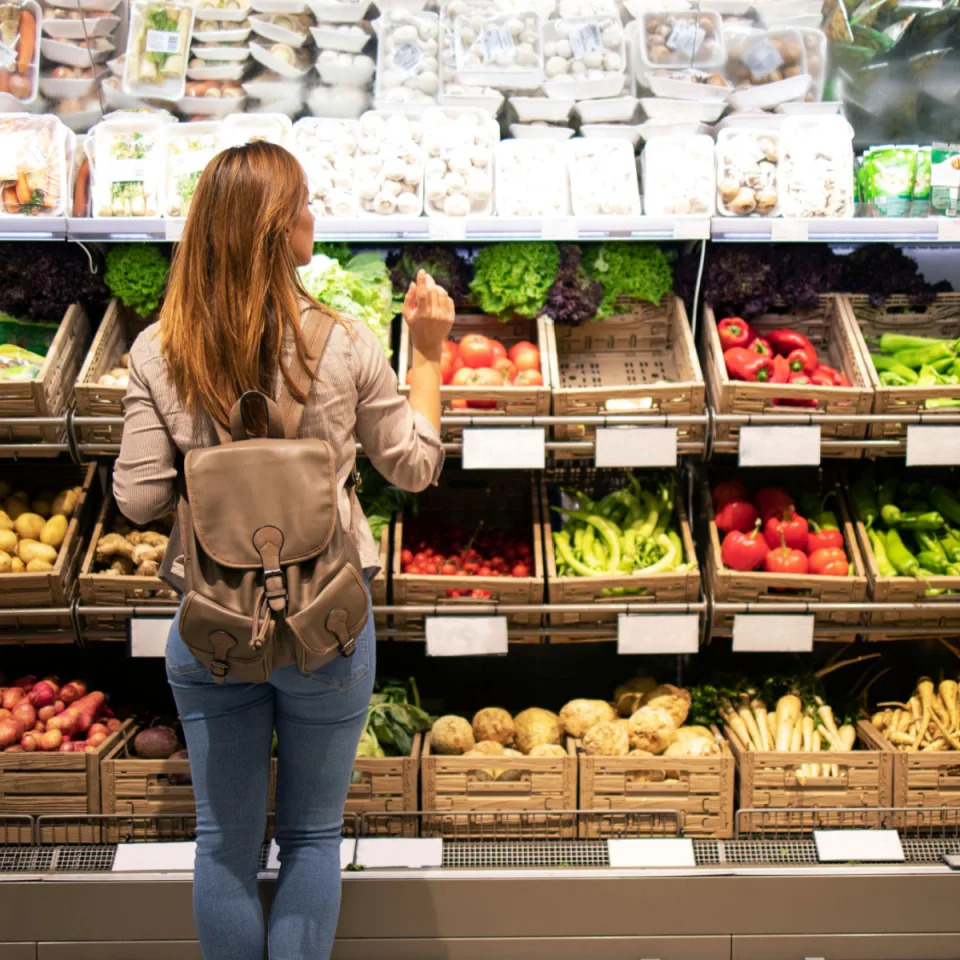
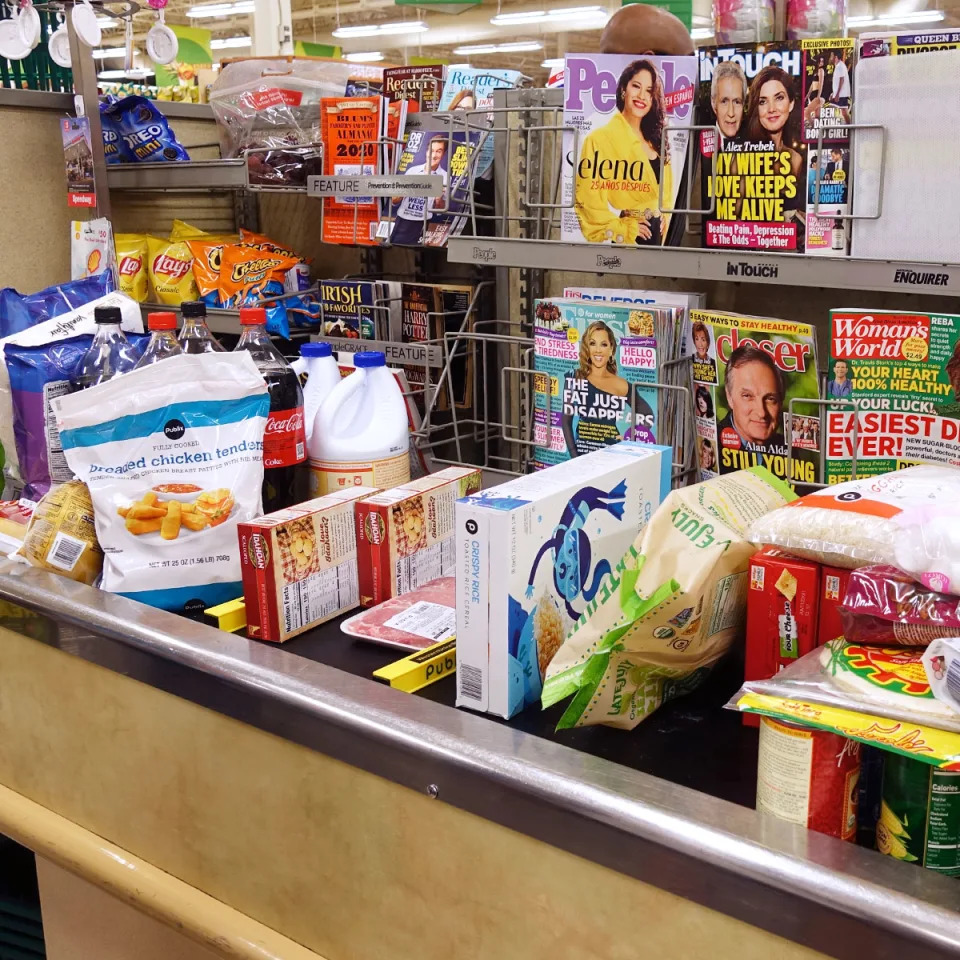
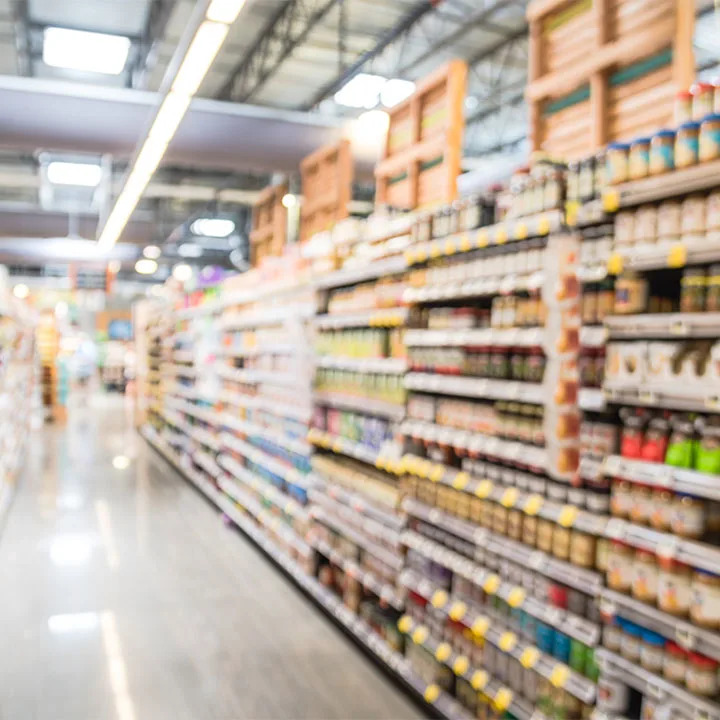
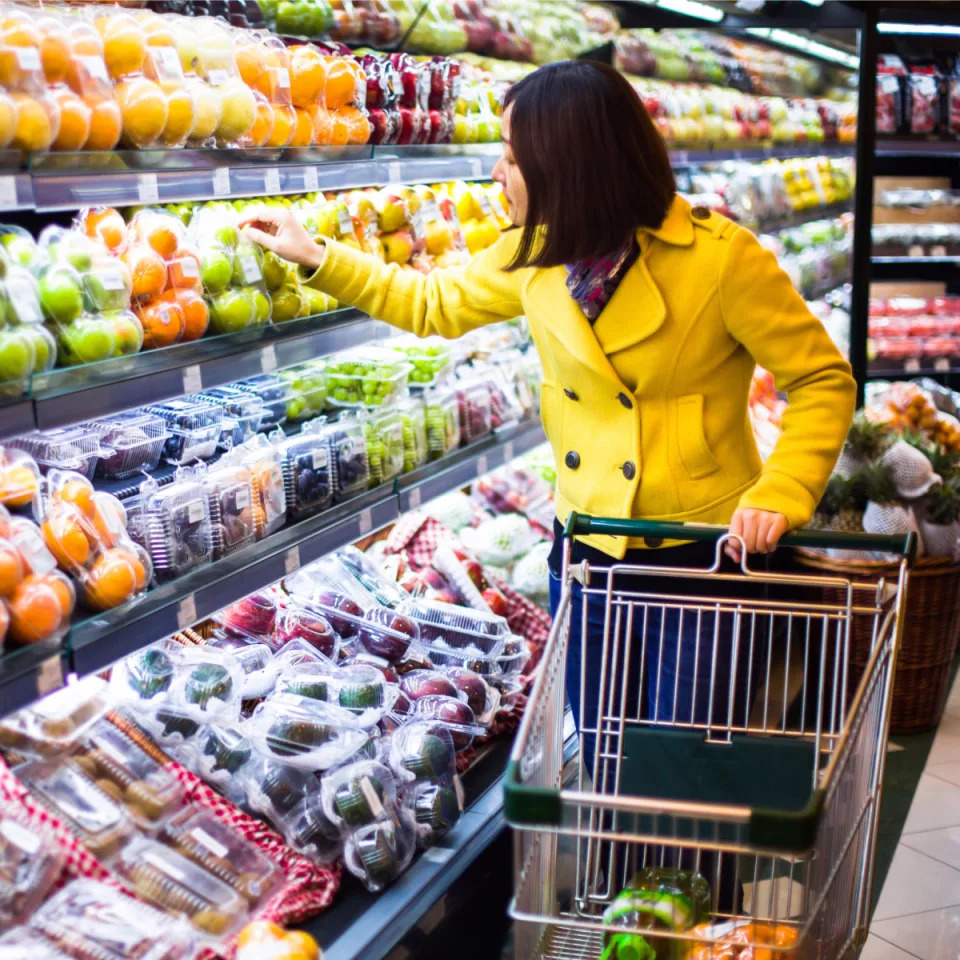

No comments:
Post a Comment